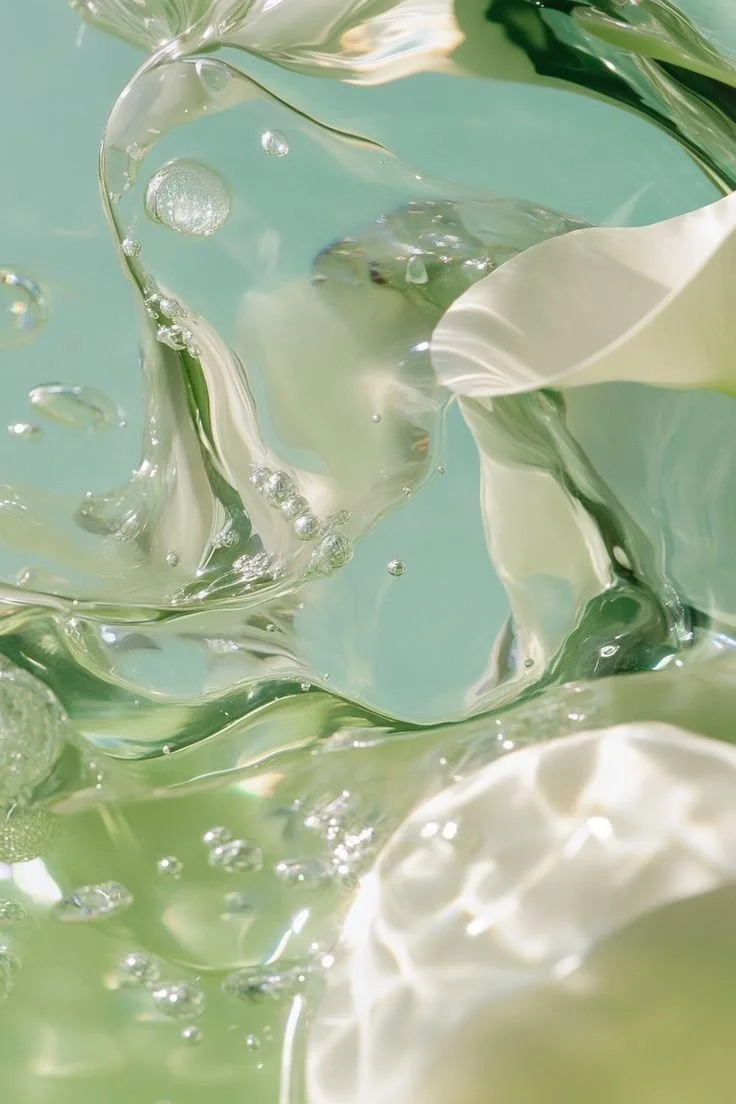Water Smells Bad? Here’s How to Fix Smelly Tap Water
/Why Does Tap Water Smell Bad?
Water is a solvent, which means it easily dissolves gases, minerals, and organic matter. While this is what makes it useful and life-sustaining, it also means water can sometimes develop unpleasant odours. Residents often look for solutions to water smells bad in their homes or ask about water smells bad solutions at home when the tap begins to emit sewage, sulfur, or chlorine-like scents.
In areas like Grand Prairie and Dallas, where both municipal and well water systems are common, odour problems can range from chlorine-heavy city water to bad-smelling well water caused by bacteria. The first step is to identify the type of smell and its cause.
Bad-smelling water can come from drains, water heaters, wells, or even the municipal supply. Some odours are harmless but unpleasant, while others may indicate contamination or plumbing issues. Let’s explore the most common causes and what you can do to resolve them.
Sewage Smell in Tap Water
A sewage odour in your water supply can be one of the most alarming experiences. Often, it’s not actual sewage but bacteria buildup. Soap residue, grease, and food particles trapped in sink drains break down and release gases, creating a foul odour that seems like it’s coming from the tap.
Another reason is stagnant water inside heaters. If your water heater has been off or set to a low temperature, bacteria may thrive and release gases that smell like sewage. This is a common problem in bad-smelling well water when left unused for long periods.
Water smells like sewage. How to fix:
Do the “glass test” by filling two glasses, one hot and one cold. Smell them away from the sink. If they smell fine, the drain is the problem.
Clean drains using baking soda, vinegar, and boiling water.
If the smell is only from hot water, flush and disinfect the water heater.
This helps if your tap water smells like sewage and you need quick action.
Rotten Egg or Sulfur Smell
Many homeowners ask, “What do you do when your water smells like rotten eggs?” The answer lies in identifying sulfur-related compounds. The smell usually comes from hydrogen sulfide gas (H₂S) or sulfur bacteria.
This gas can occur naturally in groundwater, form inside water heaters when magnesium anodes react with sulfates, or result from bacteria living in plumbing systems. The odour is often strongest when water is first turned on.
Risks include corroded pipes, black stains on fixtures, and, in high concentrations, nausea or headaches.
How to remove sulfur smell from water:
Replace the magnesium anode in the heater with an aluminum rod.
Flush the tank with chlorine bleach.
Install iron filters, carbon filters, or reverse osmosis systems for long-term treatment.
This is particularly important for homes where water smells like sulfur when first turned on.
Musty or Earthy Smell
When water carries a musty or earthy scent, it may remind you of damp basements or old wood. This odour usually comes from organic matter such as algae, soil, or decaying leaves entering the supply. Sometimes plumbing or water softeners that need sanitisation also create musty smells.
Although typically not harmful, musty water is unappealing and can discourage proper hydration. Sanitising plumbing systems helps, and in persistent cases, reverse osmosis systems are an effective solution.
Metallic Taste or Smell
Metallic notes in drinking water usually mean corrosion. Pipes made of iron, copper, zinc, or manganese can leach metals into the water. Acidic water with a low pH accelerates this.
While iron and copper are usually harmless aside from staining and taste, lead contamination is a serious health concern. Homes built before 1986 are at higher risk.
How do I fix smelly tap water if it tastes metallic?
Test for metals, particularly lead.
Use reverse osmosis under the sink to filter dissolved metals.
Add an alkaline filter if the water is acidic.
Fishy Odour in Water
A fishy smell is less common but still possible. It typically comes from organic matter breaking down in shallow wells or surface water. Municipal systems using chloramines as disinfectants can also sometimes produce fishy notes.
The smell is unpleasant, but usually not harmful. Contacting your supplier is wise if it persists. Installing a home filtration system provides added protection.
Chlorine or Swimming Pool Smell
Municipal systems often use chlorine to disinfect water. While effective, it sometimes leaves tap water smelling like a swimming pool. This is safe in small amounts but can be irritating to sensitive users and unsafe for pets like fish and reptiles.
The smell may become more noticeable when water sits in pipes or tanks.
How to remove the smell from the water tank:
Flush the tank regularly to prevent build-up.
Install an activated carbon filter or reverse osmosis system to reduce chlorine.
Natural Ways to Reduce Water Odours
If you prefer water smells bad solutions naturally, there are steps you can take at home:
Clean drains with vinegar and baking soda.
Flush your water heater yearly to remove bacteria and sediments.
Use aeration systems that naturally release gases like hydrogen sulfide.
These methods may not always solve deeper problems, but can reduce odours without chemicals.
When to Test and Seek Professional Help
Testing is the most reliable way to know whether water smells are harmless or dangerous. Annual coliform bacteria tests are recommended for wells. Testing for nitrates, arsenic, manganese, and lead is also important, particularly in older homes or agricultural areas.
If you struggle with water bad smell for long periods, or notice sudden changes in odour, it’s time to consider professional testing and treatment.
Why Testing Matters in Grand Prairie and Dallas
Water odours don’t always indicate contamination, but testing is the only way to know for sure. In Dallas County, both well water and municipal systems can carry risks such as coliform bacteria, nitrates, arsenic, and lead. Testing annually ensures that water is safe for your family.
Big Power Water Co. – Water Smell Solutions in Grand Prairie and Dallas
If your tap water smells like sewage, your well water smells like sulfur when first turned on, or you are searching for water that smells bad in your house, we can help. At Big Power Water Co., we provide professional services tailored to local water issues in Grand Prairie and Dallas.
Our services include:
Water testing to identify bacteria, nitrates, metals, and other causes of bad odours.
Water filtration systems, including carbon, iron, and manganese filters for sewage, chlorine, and sulfur smells.
Reverse osmosis systems (RO) for clean, fresh, and odour-free drinking water.
Well water treatment and tank cleaning for those asking how to remove the smell from the water tank or fix bad-smelling well water.
Whether you need a quick fix or a complete system upgrade, Big Power Water Co. offers the most effective water-smell solutions at home and lasting protection for your family’s water.



